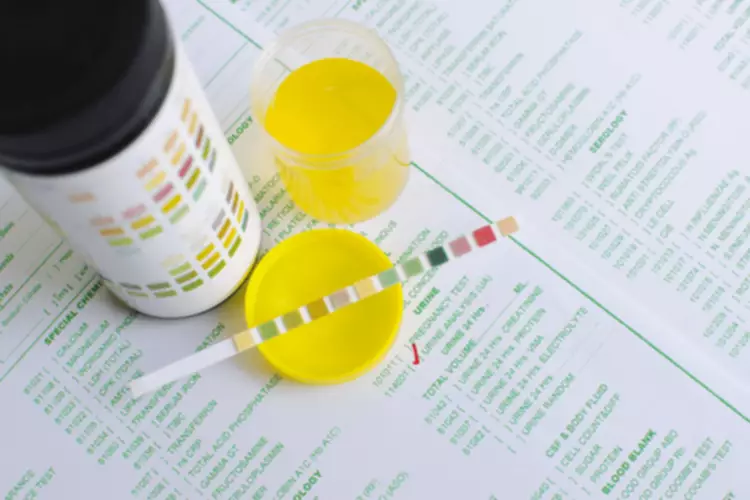Assessment of modifiable risk factors for young people’s alcohol consumption and related harms is therefore important. In recent years the scientific and political interest in alcohol’s ‘harm to others’ has grown 3, 4, 5, 6, 7, 8, including the possible harms to children from parental drinking. Numerous studies have examined both the possible effects of prenatal alcohol exposure 9, 10 and the possible effects on children living with ‘alcoholics’ or parents with serious and long‐term alcohol problems 11, 12, 13.
Signs of Alcoholism at Home

They described feeling powerless, without resources to cope with distress and risk, and a desperate need for protection and care. This was the question of a study conducted by Swedish researchers Anneli Silvén Hagströma and Ulla Forinder. Because children who experience parental alcoholism tend not to disclose their circumstances for fear of shame and stigma, their urgent need for help often goes undetected—and their voices go unheard. Published “The Laundry List,” which describes common characteristics shared by most adult children with a parent with alcohol use disorder. It’s especially important to remind children that their parent’s alcohol addiction is not their fault. Remind children that addiction is a disease that needs treatment, just like any other disease.
How to help children through a divorce
Studies have shown that 61% of adults have at least 1 ACE, and 1 out of 6 has at least 4. Having even 1 ACE can increase the risk of becoming a smoker, obesity, depression, and a substance use disorder (SUD). When an alcohol addiction is the cause of an ACE, there are specific outcomes that are present throughout adulthood. Adult children of alcoholics are 4 times more likely to choose a partner with an SUD. They also have an increased risk of becoming addicted to drugs or alcohol themselves. In adulthood, these children are more likely to have a lower socioeconomic status and problems with forming interpersonal relationships.
Trust Issues
Thus, we do not know whether the effect of parents’ risky alcohol use (which has not necessarily yet developed as a problem) on their children is similar to the effects in this study [23]. He or she may fear all people will act in this manner, becoming hesitant to get close to others. Research has demonstrated just how difficult it can be for adult children of How Alcoholic Parents Affect Their Children alcoholic parents to form meaningful relationships. A study in the Journal of Mental Health Counseling found that adult children of alcoholics had lower relationship satisfaction and a high need for control within their relationships. As well as evaluation of the included studies, consideration of the strengths and limitations of this study is appropriate.
- We can help you not only explore family therapy options but also identify tailored treatment programs to meet your unique needs or those of a loved one.
- Children exposed to maternal alcohol use during pregnancy have more problems related to cognitive and psychosocial development [30] and mental health [31] than other children.
- Some diagnosis of mental or behavioural disorders during the follow-up was received by 15.4% of boys and 9.0% of girls.
- Furthermore, these co-occurring factors of parental drug and alcohol use disorders increase the risk of becoming involved with child welfare services and out-of-home childcare [10, 11].
- The most prevalent individual categories of diagnoses were those related to behavioural and emotional disorders (F9; in 8.2% of boys and 4.3% of girls) and disorders of psychological development (F8; in 8.7% of boys and 3.4% of girls).
- You may wonder why a guide for preventing teen alcohol use is putting so much emphasis on parents’ need to understand and support their children.
- If these basic needs are not met, households (many of them fraught with alcohol abuse) could be filled with chaos and uncertainty.
- As a result, Peifer says you could have difficulty accepting love, nurturing, and care from partners, friends, or others later in life.
If possible, however, encourage him or her to invite friends over when you are at home. The more entertaining your child does in your home, the more you will know about your child’s friends and activities. You might begin by finding out what your child thinks about alcohol and drinking. All participants tried to adjust or navigate around their parents when they drank, or when the drinking escalated into verbal fights and/or violence. Given this secrecy, the investigators wanted to better understand their experience, with a particular interest in what kinds of support they need and the coping strategies they use. There are steps you can take as an adult to address the lasting impact your parent’s alcohol use left on you.
Risks & Dangers of Children of Alcoholics
Excessive celebration can lead to parenting hangovers – National Poll on Children’s Health
Excessive celebration can lead to parenting hangovers.
Posted: Mon, 17 Dec 2018 08:00:00 GMT [source]
They can become people-pleasers who are crushed if someone is not happy with them and live in fear of any kind of criticism. After growing up in an atmosphere where denial, lying, and keeping secrets may have been the norm, adult children can develop serious trust problems. Broken promises of the past tell them that trusting someone will backfire on them in the future.

People-pleasing

- These feelings can affect your personal sense of self-esteem and self-worth.
- This process has also been made as transparently as possible, permitting readers to assess its rigour and its limitations.
- Adult children of alcoholics are 4 times more likely to choose a partner with an SUD.

